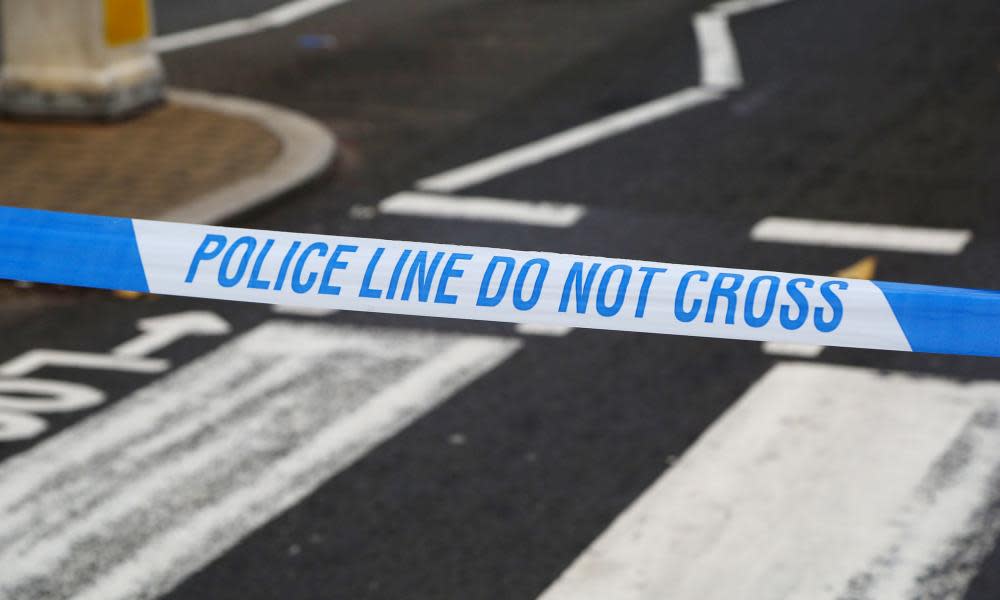Homicides in England and Wales rise by 14%

The number of homicides in England and Wales increased by 14% in the year to September 2018, according to official figures that have fuelled calls for more investment in policing.
The Home Office figures released by the Office for National Statistics (ONS) show that homicide offences, which include murder, manslaughter and infanticide, increased from 649 in 2017 to 739 last year.
The 2017 figure excludes the 35 victims of the terrorist attacks in London and Manchester. If these victims are included, the number of homicides still increased by 8% last year. The ONS said excluding the victims of exceptional events such as terrorist attacks provided a more accurate picture of trends over time.
The ONS said homicides had been rising since March 2014 after a previous long-term decline. However, it pointed out that the rate remained relatively very low, at 13 homicides for every one million people in the population.
The figures have heightened concern about violent crime, although there was no change in the commonly occurring types of violent crime such as assault and violence without injury. The number of homicides where a knife or sharp instrument was involved increased by 10% last year, to 276.
Separate figures from the police and NHS suggest violence causing harm is increasing. The number of police-recorded offences involving knives or sharp objects rose 8%, and admissions to hospitals in England after assaults involving sharp objects were up 15%.
Overall, crimes recorded by police went up by 7% last year, to a total of 5,723,182. The ONS said there were 80,947 burglaries in the year ending September 2018, a 17% increase on the previous year. Vehicle offences were up 3% to 457,433.
The shadow home secretary, Diane Abbott, said: “Serious violent crime continues to rise yet the government remains in denial about the effects of its own policies. The Tories have cut police officer numbers. They have also exacerbated all the causes of crime, including inequality, poverty, poor mental health care as well the crisis in our schools, especially school exclusions.”
David Jamieson, the crime commissioner for the West Midlands, where recorded crime increased by 10%, said the figures highlighted the need for more police resources.
“West Midlands police has faced £175m in central government cuts since 2010. Despite being recognised by independent inspectors as a highly efficient force, we have lost over 2,000 officers since 2010, meaning we are having to do more with less,” Jamieson said.
“These figures highlight the government’s short-sighted approach by continuing to apply real-terms cuts to police forces’ funding at a time when the pressures on policing are increasing. This is hampering proactive policing that prevents crime.”
Alex Mayes, a policy and public affairs adviser at Victim Support, said: “Working with bereaved families through our national homicide service, we know just how destructive these shocking crimes are. Too many families and communities are being shattered by these crimes and we must focus on a joined-up approach with all agencies and organisations taking responsibility to tackle this together.”
The policing minister, Nick Hurd, said the government was doing “everything possible” to reverse the rise in crime, particularly violent crime.
He said: “We have listened to police’s concerns about rising demand and have proposed the biggest increase in police funding since 2010. I’m confident the new settlement, which delivers up to £970m of additional public investment into policing in 2019/20, will help the police continue to recruit more officers.”

 Yahoo News
Yahoo News 
